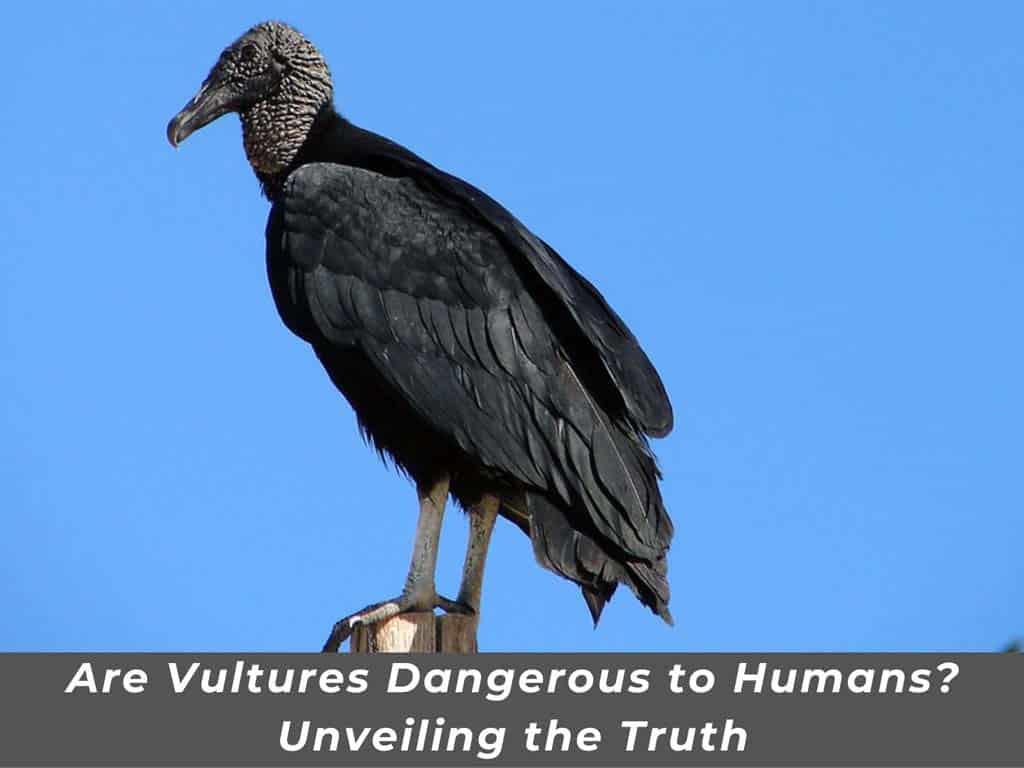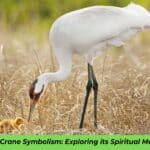Vultures often get a bad rap. Many people fear these fascinating birds and wonder, are vultures dangerous to humans?
This fear largely stems from the fact that vultures eat carrion, the remains of dead animals. However, these scavengers play a crucial role in ecosystems.
They help keep the environment clean by consuming animal waste, preventing the spread of disease, and contributing to nutrient recycling.
Despite their importance, misconceptions persist about whether vultures are dangerous to humans.
Understanding their behavior can help dispel these fears and show why vultures are vital to our world.
Contrary to popular belief, these birds are not the aggressive creatures many assume them to be. So, are vultures dangerous to humans? Not really.
They are primarily carrion eaters, posing little threat to people and playing a key role in maintaining ecological balance.
The Ecological Importance of Vultures: Are Vultures Dangerous to Humans?
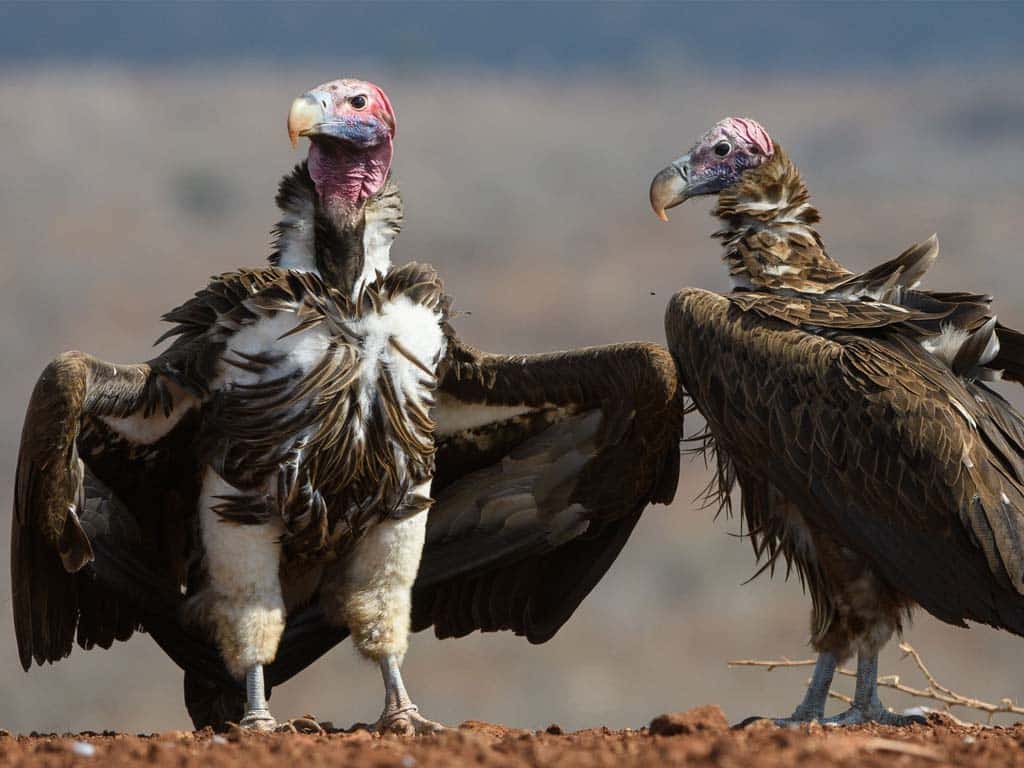
Vultures are keystone species in many ecosystems. They help clean up dead animal remains, which in turn prevents the spread of disease. By consuming carrion, vultures also contribute to environmental health. They serve as nature’s garbage disposal, playing an essential role in ecosystem services. This ecological balance supports biodiversity and helps maintain healthy habitats.
Their unique ability to locate carrion is remarkable. Vultures can smell rotting flesh from miles away. Their keen eyesight also helps them spot animal remains from high in the sky. This skill makes them efficient in their foraging strategies. By feeding on animal waste, they remove potential sources of disease, benefiting other wildlife and humans alike.
Common Myths and Misconceptions About Vultures
Many people believe that vultures attack humans or that they are aggressive birds. This fear often stems from misunderstandings and misinformation. In reality, vultures are not predatory animals; they primarily feed on dead animals. Myths about vulture aggression typically arise from their unusual appearance and scavenging habits. They have strong beaks designed for tearing flesh, which can be intimidating.
Additionally, some people worry that vultures carry diseases. While vultures can eat decaying carcasses, they have a unique adaptation that protects them. Their digestive systems are highly acidic, allowing them to break down harmful pathogens. This means they actually help in disease control by eliminating sources of infection from the environment.
Check this out How Long Does a Quail Live? The Vulnerable Lives Of Quail
Types of Vultures: Old World vs. New World Species
There are two main types of vultures: Old World vultures and New World vultures. Old World vultures are found in Africa, Asia, and Europe. They have strong, hooked beaks, which help them tear into tough hides. Species like the Egyptian vulture and the griffon vulture belong to this group. They are often seen soaring in the sky, searching for food.
New World vultures, on the other hand, are primarily found in North and South America. The Turkey Vulture and the Black Vulture are well-known examples. These birds have a keen sense of smell, which helps them find carrion. Unlike Old World vultures, they are more likely to be seen in urban areas, adapting to human presence.
Key Characteristics of Old World Vultures
Old World vultures are typically larger and more robust than their New World counterparts. They often have more prominent features, such as larger heads and thick necks. These characteristics help them stay clean while feeding. Since they eat carrion, their feathers are often less prone to bacterial growth, which is essential for their health.
Their social behavior also differs from that of New World vultures. Old World vultures often feed in larger groups, displaying complex social interactions. They engage in territorial displays to protect their feeding areas. This behavior is crucial during the breeding season, when competition for food and nesting sites intensifies.
New World Vultures and Their Habitats: Are Vultures Dangerous to Humans?
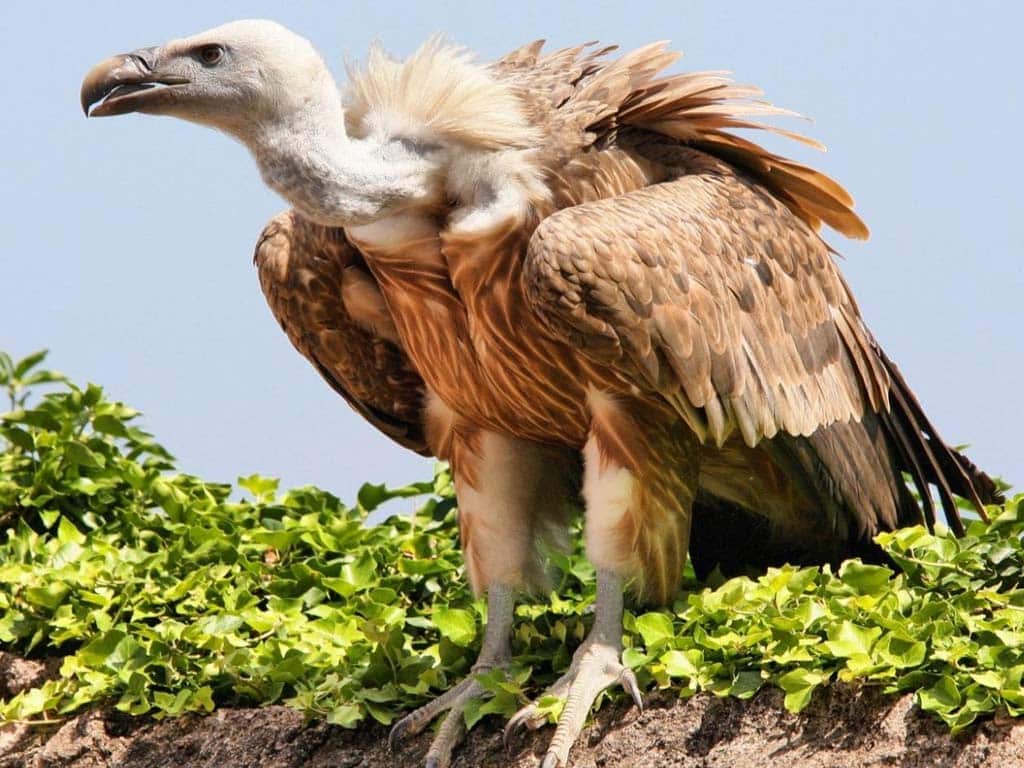
New World vultures have some unique traits. They are known for their adaptability to various habitat preferences. From urban areas to forests, they thrive in different environments. Their ability to consume decaying matter allows them to find food in diverse settings. This adaptability also contributes to their successful breeding in various locations.
These vultures often utilize communal roosts, gathering in large groups at night. This social behavior helps them find food and stay safe from predators. Their interactions with each other also aid in locating carrion. For instance, one vulture may spot a carcass and call others to join in the feast.
The Vulture Diet: What Do They Really Eat? Are Vultures Dangerous to Humans?
Vultures are primarily known for their carrion feeding habits. They consume animal remains, playing a vital role in the food chain. Their diets consist of dead mammals, birds, and even reptiles. They help dispose of roadkill and other organic waste, preventing potential health hazards.
However, some myths suggest that vultures might attack live animals. This misconception can lead to fear and misunderstanding. While they generally do not prey on living creatures, there are rare instances when they might scavenge from weak or injured animals. It’s essential to clarify that these cases are exceptions, not the rule.
Carrion as Their Main Food Source: Are Vultures Dangerous to Humans?
The majority of a vulture’s diet comes from carrion. They are efficient scavengers, relying on their keen senses to locate decaying animals. Vultures play a crucial role in ecosystem cleaning by consuming waste that would otherwise decompose and create unpleasant odors. This natural process helps maintain the health of the environment.
Their ability to detect carrion is truly fascinating. Vultures can smell rotting flesh from miles away. This skill allows them to find food sources that other animals might overlook. As they feed, they help prevent the accumulation of waste, supporting overall environmental health.
Check this out Do Crows Eat Other Birds? The Disturbing Truth
Do Vultures Eat Live Animals? Exploring Exceptions: Are Vultures Dangerous to Humans?
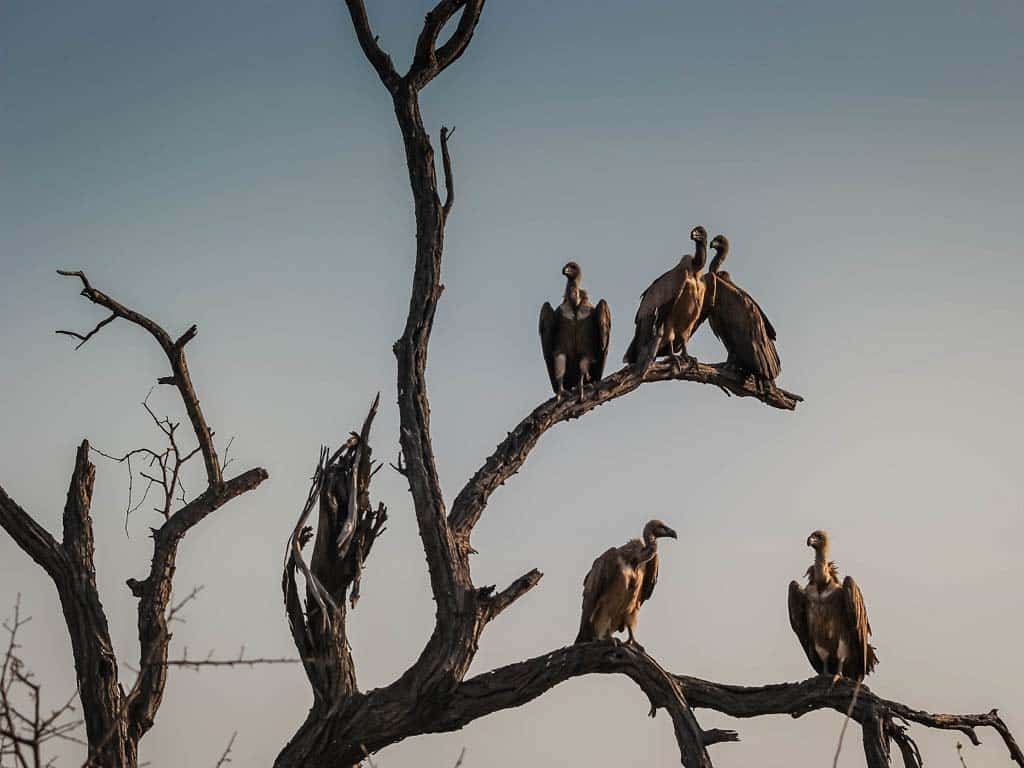
While vultures primarily eat carrion, there are rare situations where they might consume live animals. This behavior usually occurs when the animal is weak, sick, or already injured. For instance, vultures might peck at the wounds of an animal that is unable to escape. However, these instances are not typical and do not reflect their general feeding habits.
In general, vultures prefer carrion as their main food source. Their digestive systems have evolved to handle decomposing flesh, making them less suited for hunting live prey. Understanding this helps clarify why vultures are not a threat to healthy animals or humans.
Vulture Behavior and Human Interaction: Are Vultures Dangerous to Humans?
Understanding vulture behavior is essential when examining their interactions with humans. Many people fear that vultures might become aggressive, but this concern is largely unfounded. Vultures typically avoid human contact. They are more likely to flee than confront people, which is part of their natural instinct.
When it comes to human encounters with vultures, the reality is quite different from the myths. Vultures usually prefer to scavenge in areas away from human activity. They often feed on carrion found in fields or along roadsides, keeping their distance from populated regions. This behavior helps reduce the chances of vulture-human conflict.
Do Vultures Attack Humans? Fact vs. Fiction
It is a common fear that vultures might attack humans. However, there is no substantial evidence to support this claim. Vultures are not known for aggression toward people. Instead, they exhibit defensive behaviors, such as using their sharp beaks if threatened.
When threatened, vultures may display behaviors such as puffing up their bodies or making loud noises. They use these tactics to ward off potential threats, but they rarely resort to direct attacks. Understanding this can help alleviate fears and encourage coexistence between humans and these remarkable birds.
Physical Capabilities and Defensive Behaviors: Are Vultures Dangerous to Humans?
Vultures possess certain physical capabilities that contribute to their survival. Their strong beaks and sharp talons are designed for tearing into tough hides. However, these features serve primarily for feeding, not for attacking. When it comes to self-defense, vultures rely on their ability to take flight and escape danger.
Their defensive behaviors include vocalizations and displays of size. By making themselves appear larger and more intimidating, vultures deter potential threats. This behavior is essential for their survival, especially in areas where they might encounter predators or aggressive animals.
Check this out Do hawks attack people? why are hawks Aggressive to people?
Instances of Aggression: Territorial or Defensive? Are Vultures Dangerous to Humans?
While vultures are generally non-aggressive, there are rare instances of territorial displays. During the breeding season, they may become more protective of their nests and young. This can lead to aggressive interactions with other vultures or animals that venture too close. However, these instances are typically more about defense than outright aggression.
Understanding these dynamics can help people navigate situations where vultures are present. If someone encounters a vulture displaying aggression, it is likely protecting its territory or young. Recognizing this behavior can help alleviate fear and encourage respectful interactions.
Vultures and Domestic Animals: A Cause for Concern? Are Vultures Dangerous to Humans?
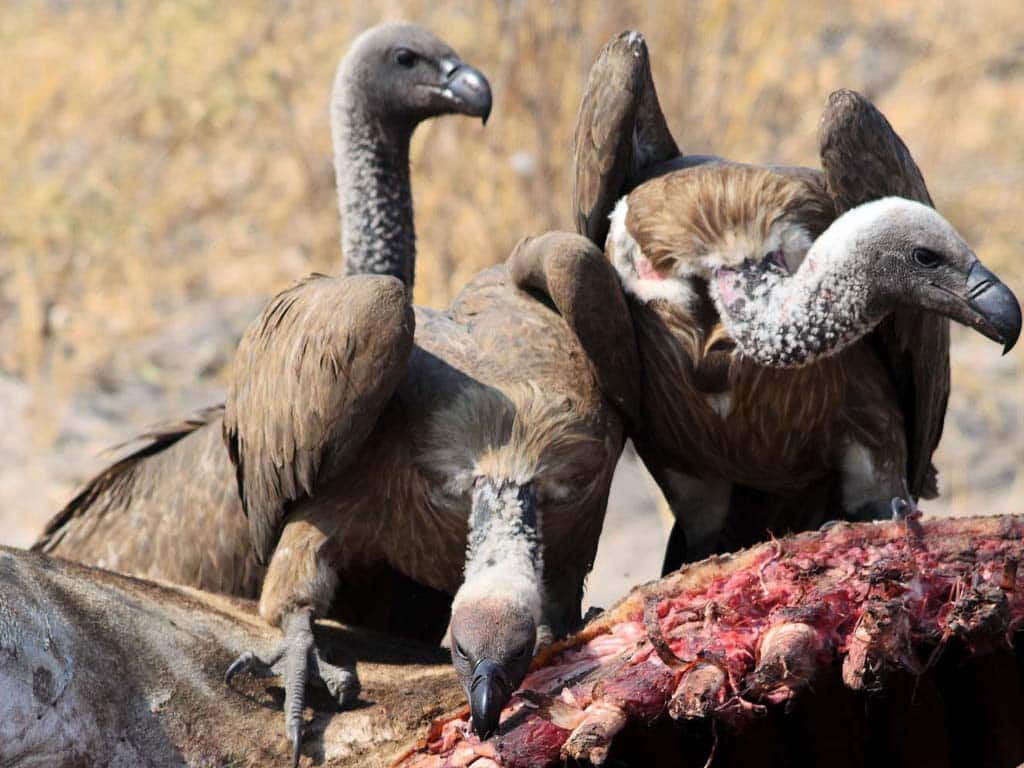
Many people worry about the impact vultures might have on domestic animals, especially pets and livestock. While vultures may occasionally scavenge near farms, they do not typically pose a
significant threat to healthy animals. Most often, they are attracted to weak or sick animals rather than targeting healthy ones.
By understanding this behavior, farmers and pet owners can take steps to mitigate potential conflicts. Providing adequate shelter and care for animals can help reduce the likelihood of scavenging behavior. Moreover, educating communities about vultures can foster understanding and encourage coexistence.
Preventing Conflicts with Pets and Livestock: Are Vultures Dangerous to Humans?
To prevent potential conflicts with vultures, it’s essential to provide safe environments for pets and livestock. Keeping animals in secure areas can reduce opportunities for vultures to scavenge. Additionally, educating pet owners about vulture behavior can help dispel fears and promote coexistence.
Communities can work together to create awareness about vultures and their ecological role. By fostering understanding, we can help people appreciate these fascinating birds rather than fear them. This approach supports both wildlife conservation and public safety.
Check this out Crane Vs Heron – The Complete Comparison
Are Vultures Dangerous to Humans? Understanding Risk and Human-Vulture Interactions
When asking, “Are vultures dangerous to humans?” it is crucial to look at the facts. Vultures are not aggressive and do not seek to harm people. They mainly focus on finding carrion to eat, contributing to public health and ecosystem health. Understanding the risks involved is essential to appreciate these birds.
Vultures typically avoid human interaction, preferring to feed in quieter areas. While there may be occasional misunderstandings, these do not represent the overall nature of vulture behavior. Educating the public about vultures can help reduce fears and promote positive interactions.
Understanding Risk: Are Vultures a Threat to Humans?
Research shows that vultures do not pose a significant risk to humans. Their primary goal is to find carrion to eat, and they tend to avoid human activity. By focusing on dead animals, they contribute to public health by helping prevent disease spread. Their scavenging habits promote sanitation and help maintain a clean environment.
In comparison to other wildlife, vultures are much less likely to be dangerous. Dogs or other animals can be more aggressive, highlighting the need to understand vulture behavior in context. Recognizing the real risks associated with vultures can help communities appreciate their ecological importance.
Myths About Vulture Attacks on Humans: Are Vultures Dangerous to Humans?
Despite common myths, vultures do not typically attack humans. Much of the fear surrounding them arises from misunderstandings about their behavior and appearance. In reality, vultures prefer to avoid human interaction and will often fly away when approached.
By debunking these vulture myths, we can create a more accurate public perception. Educating communities about the true nature of vultures can foster appreciation rather than fear. Understanding these birds’ essential role in ecosystems can encourage coexistence.
The Human Factor: Urban Expansion and Vulture Behavior
Urban expansion affects wildlife, including vultures. As humans build more structures and invade natural habitats, vultures must adapt. They increasingly appear in urban areas, searching for food sources. This adaptability highlights their resilience as a species, but it also raises concerns about human-vulture interactions.
Habitat Loss and Increased Human Encounters: Are Vultures Dangerous to Humans?

As forests and open spaces diminish, vultures must find food in urban areas. This habitat loss leads to more encounters with people. When vultures scavenge in towns, it raises concerns about their impact on human activities and safety.
Understanding this connection between urban expansion and vulture behavior can help communities develop effective wildlife management strategies. Creating awareness about vultures and their ecological roles can promote coexistence and reduce fears associated with their presence.
Check this out Silkie Chicken Breed: The Ultimate Guide
Vulture Damage to Property and Vehicles: Are Vultures Dangerous to Humans?
In urban settings, vultures can occasionally cause damage to property or vehicles. Their large size and feeding habits may result in scratches or dents. However, these incidents are usually minor and do not pose a serious threat to public safety.
Addressing these concerns requires a thoughtful approach. Educating the public about vulture behavior can help mitigate misunderstandings. Encouraging people to respect these birds can lead to better coexistence in shared environments.
Case Study: Florida’s Vulture Problem and Are Vultures Dangerous to Humans?
Florida serves as an excellent example of the complexities of human-vulture interactions. In recent years, the population of vultures has increased in urban areas. This rise has led to conflicts, as they scavenge for food in neighborhoods.
Some residents have reported property damage and concerns about safety. In response, wildlife management has implemented strategies to deter vultures from residential areas. These efforts include educating the public about vultures’ natural behaviors and encouraging practices that minimize conflicts.
Legal Protections and Managing Human-Vulture Conflicts: Are Vultures Dangerous to Humans?
Vultures are protected by laws in many regions, including the United States. These protections emphasize their ecological significance and the need for conservation efforts. Understanding these legal frameworks can help communities effectively address human-vulture conflicts.
Wildlife management strategies focus on promoting coexistence. Educating residents about vultures’ roles in ecosystems can foster appreciation for these birds. By encouraging responsible behaviors, communities can minimize conflicts while supporting vulture conservation.
Vulture Conservation: Why These Birds Matter
Vultures face various threats, including habitat loss and poisoning. Understanding the importance of vulture conservation is crucial. These birds are vital for maintaining biodiversity and ensuring ecosystem function. Protecting vultures helps preserve the balance of nature and benefits human communities.
Their role in preventing disease spread makes vultures indispensable. By consuming carrion, they help eliminate potential health hazards. Supporting conservation efforts ensures that vultures can continue to fulfill their important ecological functions.
Threats to Vulture Populations: Are Vultures Dangerous to Humans?
Vultures are at risk due to several factors. Habitat destruction is one of the main threats they face. As natural spaces shrink, vultures struggle to find suitable environments for nesting and feeding. Additionally, poisoning from agricultural chemicals poses significant risks.
Public awareness is crucial in addressing these challenges. Educating communities about the threats to vulture populations can foster support for conservation initiatives. This understanding can help protect these magnificent birds and their habitats.
Conservation Success Stories: Are Vultures Dangerous to Humans?
Despite the challenges, there have been successful conservation efforts for vultures. Organizations work tirelessly to protect these birds and promote awareness. For example, the recovery of the California condor is a testament to successful conservation strategies. Captive breeding programs and habitat protection have contributed to its resurgence.
These successes highlight the importance of ongoing efforts to safeguard vulture populations. By supporting conservation initiatives, communities can play a vital role in preserving these essential species.
California Condor Recovery: Are Vultures Dangerous to Humans?
The California condor, once on the brink of extinction, is a remarkable success story. Through dedicated conservation efforts, including captive breeding and habitat protection, the population has slowly increased. This effort underscores the potential for positive change when communities come together to support wildlife.
Learning about conservation success stories can inspire people to take action. By fostering awareness and support, we can help protect vultures and their habitats for future generations.
How Vultures Help Prevent Disease: Are Vultures Dangerous to Humans?
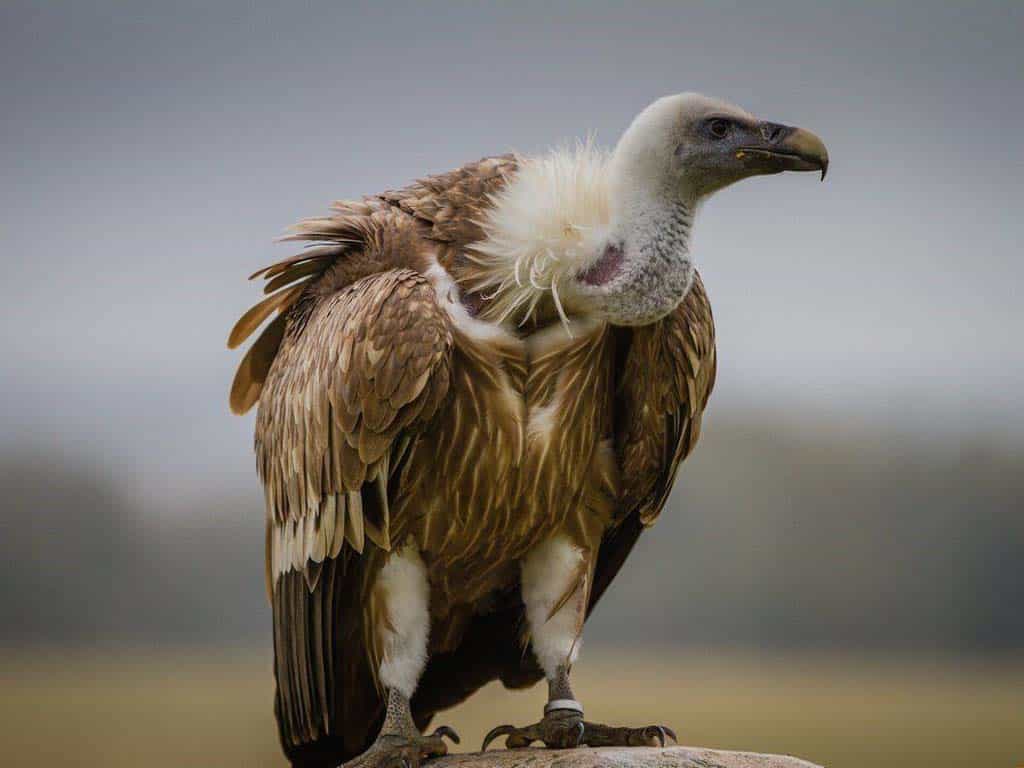
Vultures play a significant role in public health. By consuming carrion, they help prevent disease spread in ecosystems. Their ability to eliminate dead animal remains contributes to sanitation and infection control. This unique adaptation makes them vital for maintaining healthy environments.
In urban areas, the presence of vultures can aid in disease prevention. By disposing of roadkill and other animal remains, they help ensure that the environment remains safe for humans and wildlife alike. This ecological service emphasizes the importance of preserving vulture populations.
Living with Vultures: Best Practices
Living with vultures requires understanding their behaviors and adopting practical strategies. Communities can coexist with these fascinating birds by implementing simple measures. Education about vulture behavior is essential for fostering positive relationships.
Promoting awareness can help alleviate fears surrounding vultures. Understanding their ecological role can encourage appreciation rather than apprehension. This shift in perspective can lead to better coexistence with wildlife.
How to Safely Deter Vultures from Your Property
To minimize potential conflicts with vultures, homeowners can take proactive steps. Keeping garbage securely closed can reduce attractants. Providing shelter for pets and livestock is also essential. These measures help create a safe environment for both humans and vultures.
Educating neighbors about vulture behavior can also promote coexistence. By sharing knowledge and resources, communities can work together to address any concerns related to vultures. This collaborative approach fosters understanding and reduces misunderstandings.
Reporting Vulture Encounters to Authorities
If conflicts arise, reporting vulture encounters to local wildlife authorities is essential. This allows for effective management of human-vulture interactions. Authorities can provide guidance on how to address any issues while promoting vulture conservation.
Engaging with local wildlife management can help communities navigate these encounters. By working together, residents and authorities can ensure a respectful and harmonious coexistence with vultures.
Conclusion: Embracing the Role of Vultures in Our Ecosystems
In summary, the question “Are vultures dangerous to humans?” can be answered with confidence: no, they are not. Vultures are remarkable birds that play a crucial role in our ecosystems. Their scavenging behavior helps maintain environmental health by preventing disease and promoting nutrient cycling. While many people fear these fascinating creatures, understanding their behavior can change that perception.
Rather than viewing vultures as dangerous, we should appreciate their contributions to the ecosystem. By supporting conservation efforts and fostering understanding, we can help protect vultures for future generations. Embracing their role in nature is essential for a balanced and healthy environment.
FAQs
1. Do vultures attack live animals?
No, vultures rarely attack live animals. They are scavengers, preferring to eat dead animals rather than hunt.
2. Can vultures carry off pets or children?
No, vultures are not strong enough to carry off pets or children. They are designed for scavenging, not for lifting heavy prey.
3. Why do vultures circle in the sky?
Vultures circle to ride thermal air currents, helping them conserve energy while they search for food.
4. What should I do if I encounter a vulture?
There’s no need to worry. Vultures are generally not aggressive. Simply observe from a distance, and they’ll likely fly away.
5. Are any vulture species aggressive?
Most vultures are not aggressive. However, black vultures can be more assertive around food, though they still pose little threat to humans.
6. Can vultures smell dead animals?
Yes, some species, like the turkey vulture, have an excellent sense of smell and can detect dead animals from far away.
7. Do vultures carry diseases?
Vultures are resistant to diseases found in dead animals and actually help prevent the spread of disease by cleaning up carcasses.
8. How do vultures find food?
Vultures use their excellent vision and, in some species, their sense of smell to locate carcasses from great distances.

